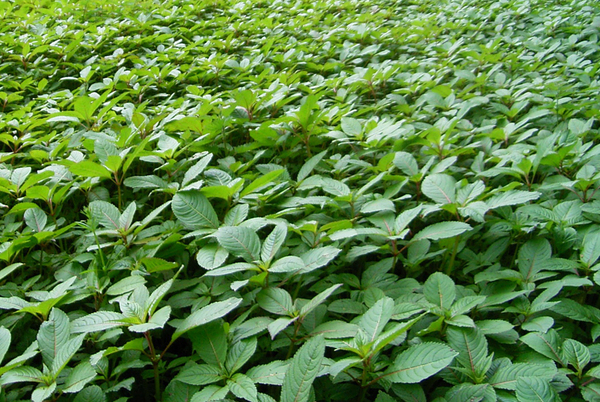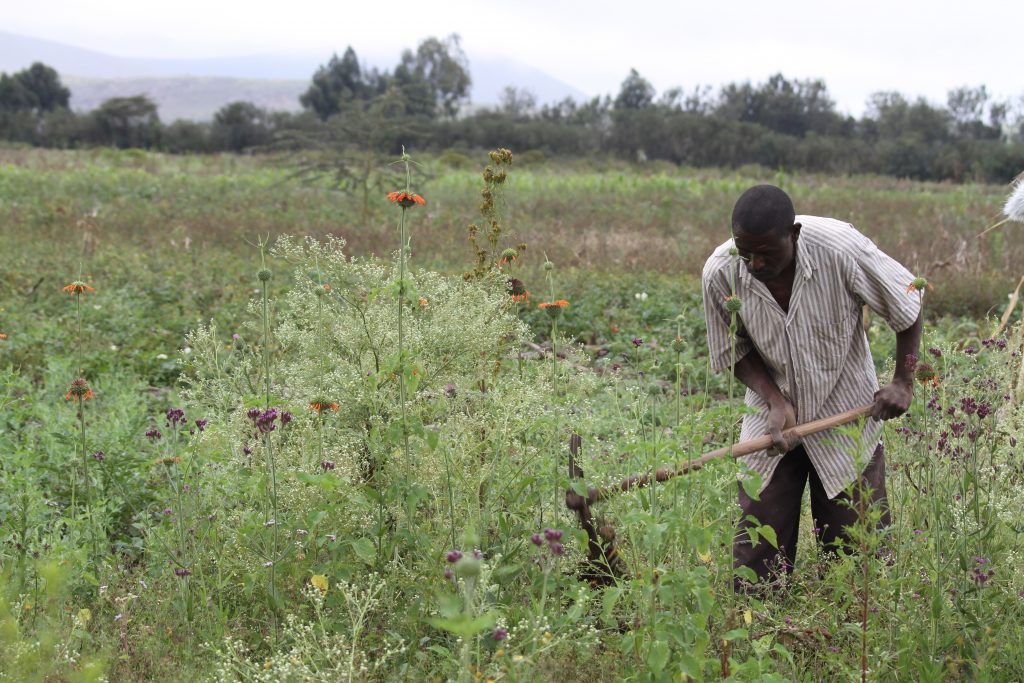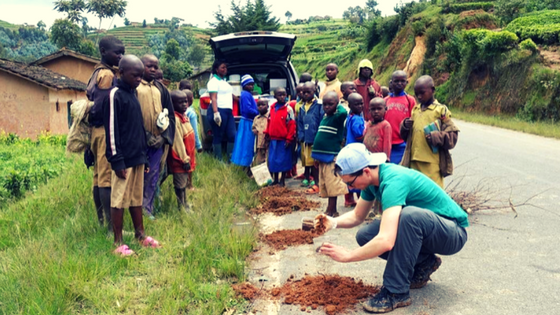Minimising further insect pests invasions in Africa
By Esther Ngumbi. Reblogged from SciDev.Net. The US Agency for International Development (USAID) recently offered prize money for the best and digital tools that can be used to help combat the fall armyworm (FAW), an invasive pest that has spread across Africa. The winners will be announced in the coming months.
Parthenium: Controlling the world’s most destructive toxic weed
The poisonous Parthenium hysterophorus plant is one of the world’s most destructive invasive plant species, threatening biodiversity, food security and human health across numerous countries. The herb is native to Central and South America but has spread to over 40 countries over recent decades including Australia, India, Ethiopia, Swaziland and South Africa.
Fostering partnerships to combat fall armyworm
Since 2017, CABI has been heavily involved in the international effort to develop and implement a continental framework for tackling fall armyworm in Africa. Initial meetings resulted in the development of a draft framework, which identified roles for different organisations involved in fall armyworm management globally and on the African continent, including CABI. This has…
No stranger to the Victoria Falls: The fall armyworm marches on menacingly
The town of Livingstone, in the Southern Province of Zambia is world renowned for its magnificent views of the Victoria Falls. Annually, thousands of visitors flock this town to awe at one of the seven natural wonders of the world. A few kilometres away from this picturesque view lies Kazungula, a small border town between…
Could entomopathogenic nematodes combat fall armyworm?
Research is currently underway to study new ways of encapsulating and applying entomopathogenic nematodes (EPN) to better combat the invasive and destructive fall armyworm in Africa. PhD student Patrick Fallet is investigating the possibility of a novel biocontrol approach which will attract the armyworm caterpillars to beads containing biocontrol agents such as the insect-killing EPN.
Invasive species in rubbish dumps: A new challenge for waste management practices?
By Dr Pablo L. Plaza, Dr Karina L. Speziale, and Dr Sergio A. Lambertucci In the current global climate of excess waste production around the world, there is great concern about how waste and dump sites could be a global problem, especially because the amount of global waste is only set to increase in the…
New challenge prize aims to tackle fall armyworm in Africa
A new challenge prize to help find the latest technology to combat the devastating impacts of the fall armyworm, which attacks over 80 different plant species, has today launched. CABI will form part of the judging panel for the Fall Armyworm Tech Prize – which is being spearheaded by Feed the Future with financial support from Land O’Lakes International Development and…
Dr Ulrich Kuhlmann unveils Biopesticides Portal prototype at Biocontrol Africa conference
Dr Ulrich Kuhlmann, CABI’s Executive Director Global Operations, has unveiled a prototype Biopesticides Portal that facilitates the identification, sourcing and application of more environmentally-friendly, cost-effective and sustainable biological control products in the global fights against agricultural pests and diseases. The CABI-led project was highlighted this week (20 March 2018) at the Biocontrol Africa conference in Nairobi,…
CABI joins international team of experts to develop a Global Surveillance System for crop diseases
CABI has joined an international team of experts in the field of agricultural science to develop a framework for Global Surveillance System (GSS) for crop diseases that could help ensure greater food security around the world. Dr Roger Day, Programme Executive for the recently launched Action on Invasives programme led by CABI, was of one…





